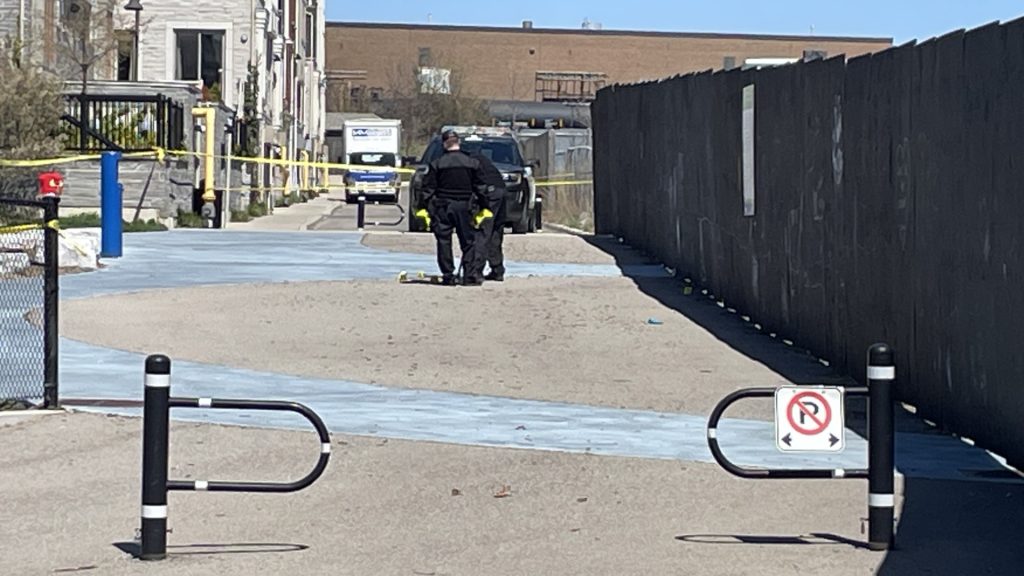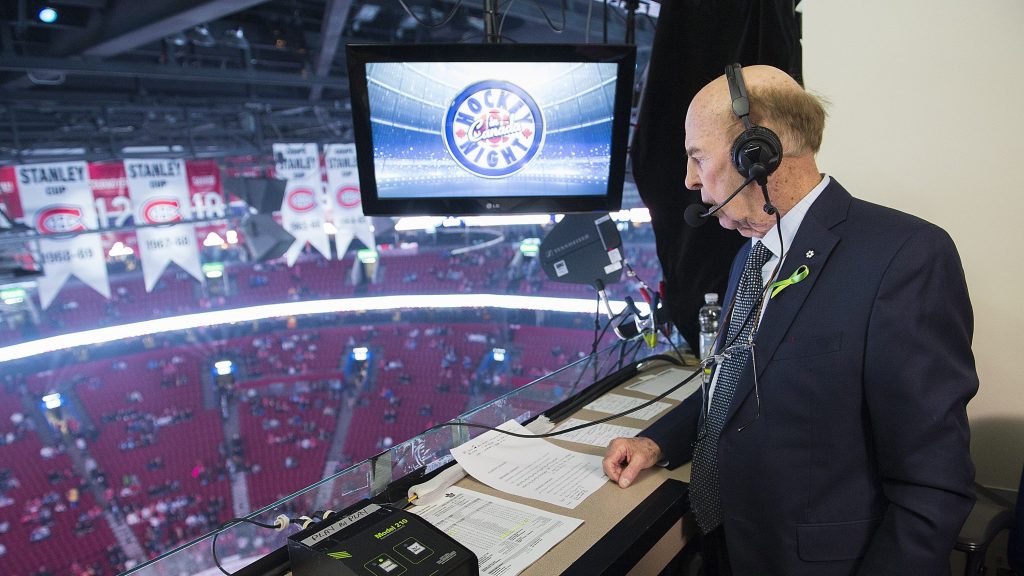His job on the line, Mayor Ford takes stand in conflict-of-interest case
Posted September 5, 2012 5:49 am.
This article is more than 5 years old.
Mayor Rob Ford took the stand Wednesday in a conflict-of-interest case that could see him ousted from office.
An Ontario judge ordered Ford to testify and be cross-examined in open court over allegations the mayor violated the Municipal Conflict of Interest Act by speaking and voting on a matter in which he had a financial interest.
Ford told the packed courtroom he did not believe he violated any rules because the issue was his private football foundation, not a city business.
The case dates back almost two years — when Ford was still a councilor — and used his office stationary as well as the time of a city staffer to solicit donations for his charity.
Ford admitted Wednesday that two of his staff helped him stuff the envelopes, but said the donations were not “financially beneficial” to him personally and the city.
“Because again, there was no interest in the city. This was just my personal issue,” the mayor said from the witness box.
In 2010, the city’s integrity commissioner found these actions violated the conduct code for councillors. The commissioner then found Ford had violated the code of conduct for councillors and recommended he pay back $3,150 in donations, some of which had come from lobbyists who did business with the city.
If found guilty of violating the conflict of interest act, Ford could be ousted from office and barred from running for city council for seven years.
However, there’s a chance the mayor could hold on to his seat even if found to be at fault, provided the judge finds that Ford made a mistake or experienced a lapse in judgment.
Ford took the stand just before 11 a.m., telling the judge he started a football club using his own money three or four years ago.
Eventually, it became too expensive, so he started a charity. Ford told the court he asked “anyone and everyone” for donations.
CityNews reporter Cynthia Mulligan and 680News reporter Charlene Close are covering the mayor’s court appearance.
Lawyer Clayton Ruby, whose client Paul Madger filed the lawsuit, began his opening arguments by saying “the validity of the cause is not the point.”
Ruby argued that Ford simply did not want to pay the money back.
Ford’s lawyer Alan Lenczner countered that city council had no jurisdiction to order Ford to repay the money.
There was “no lack of transparency…everybody knew,” he said.
Ford, meanwhile, told local radio stations last week he has done nothing wrong and it should be up to voters — not the court — to decide whether he stays in office.
Ford’s spokesman George Christopoulos tweeted Wednesday that the mayor wanted to put the trial behind him.
Trevor Farrow, a legal ethics expert at York University’s Osgoode Hall Law School in Toronto, said the conflict-of-interest rules were designed to allow for human mistakes while “setting a fairly high standard to protect an important institution, which is our municipal government structure.”
“It’ll be key what evidence is given at that hearing in terms of what the mayor knew or should have known, in terms of this notion of inadvertence, ignorance or an error in judgment,” he said.
When someone is found to have knowingly breached the spirit and letter of the rules, “the act does not give a lot of discretion to the court in terms of remedies,” Farrow said.
“Will (Ford) lose his seat? I really don’t know … Is it a possibility? Yes, it’s a possibility,” he said.
The suit was launched in March by Madger, a Toronto resident and businessman.
City council agreed with the integrity commissioner that Ford was in violation of the code of conduct and should pay the money back. Ford voted against the resolution but it carried.
Ford never made the repayments, despite six reminders from the commissioner.
In February, council took up the matter again at the request of the integrity commissioner, but this time, councillors — including the mayor himself — voted Ford did not have to repay the donations.
Ford had originally submitted an affidavit to defend himself against the allegations laid out in the suit, but Ruby filed a motion to compel the mayor to tell his side of the story in person, arguing his credibility was a concern in the case.
The mayor returns for a second day at the hearing on Thursday, which is expected to last three days.
With files from The Canadian Press










